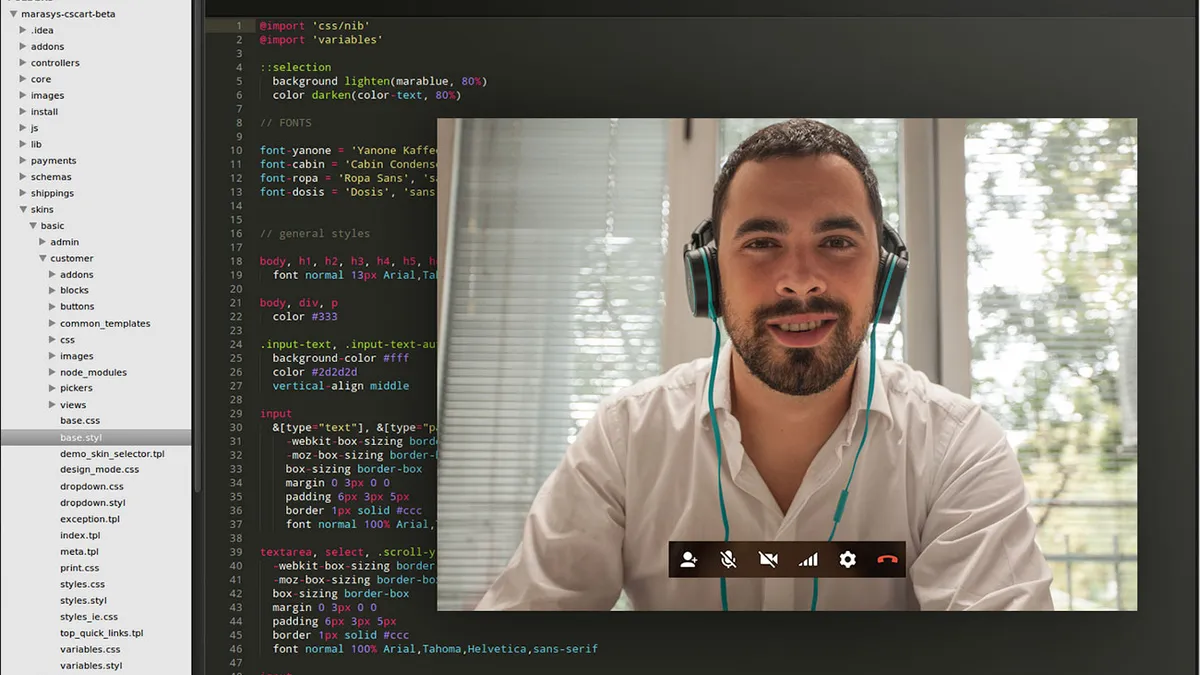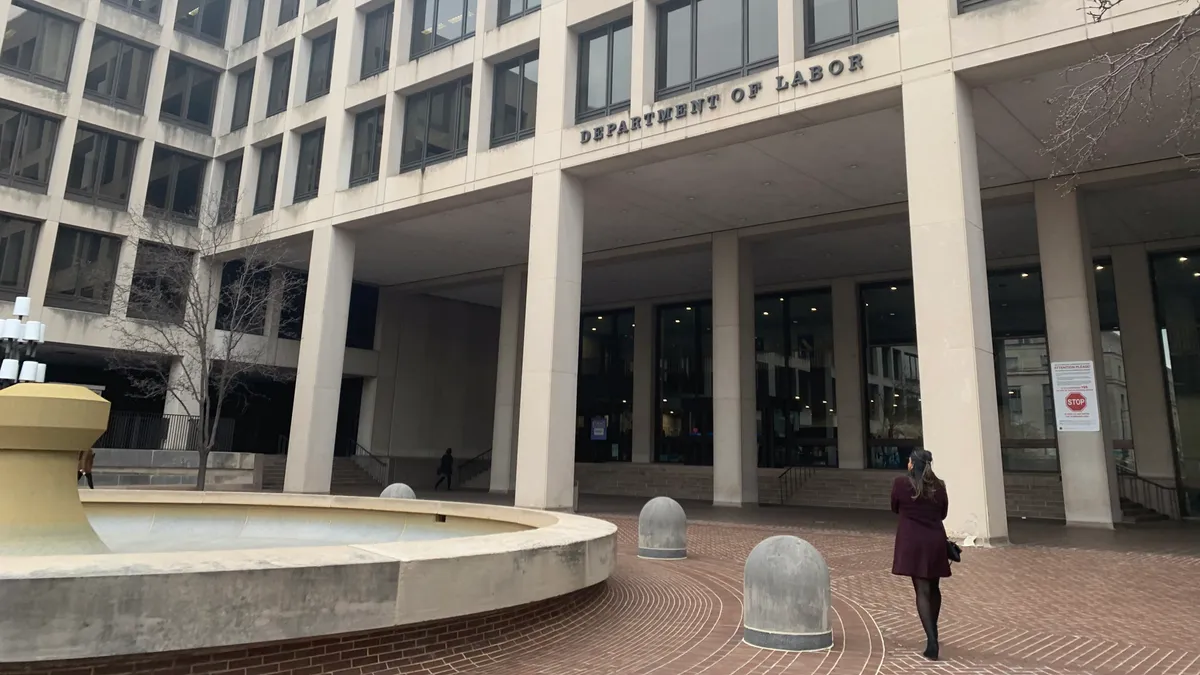Dive Brief:
- The boot camp industry shouldn't be counted out, despite a year plagued by a number of closures and bad press, Inside Higher Ed reports. Estimated growth of the sector topped 50% last year, according to Course Report.
- Despite some setbacks in 2017, the industry is growing, not shrinking, and still leaving its mark on higher education as a whole — and potentially encroaching on some of the available public and private funding available to provide career and technical training to low-income students.
- The new Forever GI Bill signed into law by President Donald Trump in August 2017 takes effect this year, and provides for a $75 million experiment to allow nontraditional credential providers — including boot camps — to train veterans for tech careers. The House version of the PROSPER Act also includes proposals to make Pell grants and other funding available to those who want to attend boot camps and other nontraditional programs.
Dive Insight:
The top trend Education Dive projected making an impact in 2018 was "blurred lines" between nonprofit and for-profit or alternative credential providers. In addition to traditional boot camp companies, companies like Amazon and Pearson also may be poised to enter the higher education credentialing market — and they may be set up to do it better than traditional colleges and universities.
What traditional institutions have always had as an advantage over other providers is content: strong research and a breadth of knowledge held by faculty members on specific subjects. But what many are lacking is a strong delivery infrastructure and strong administrative backbone to recruit and serve more students. And, as a whole, traditional higher ed is facing a downturn in public confidence, which is opening the door for others entering the space.
The future of higher ed likely looks a lot more blended than the current model, and collaborations and partnerships are key to the success of any institution. With public funding dropping faster than public opinion, joining together with other institutions, credential providers and even companies like Amazon can provide an even better product, hopefully at a lower cost, to the consumer.












